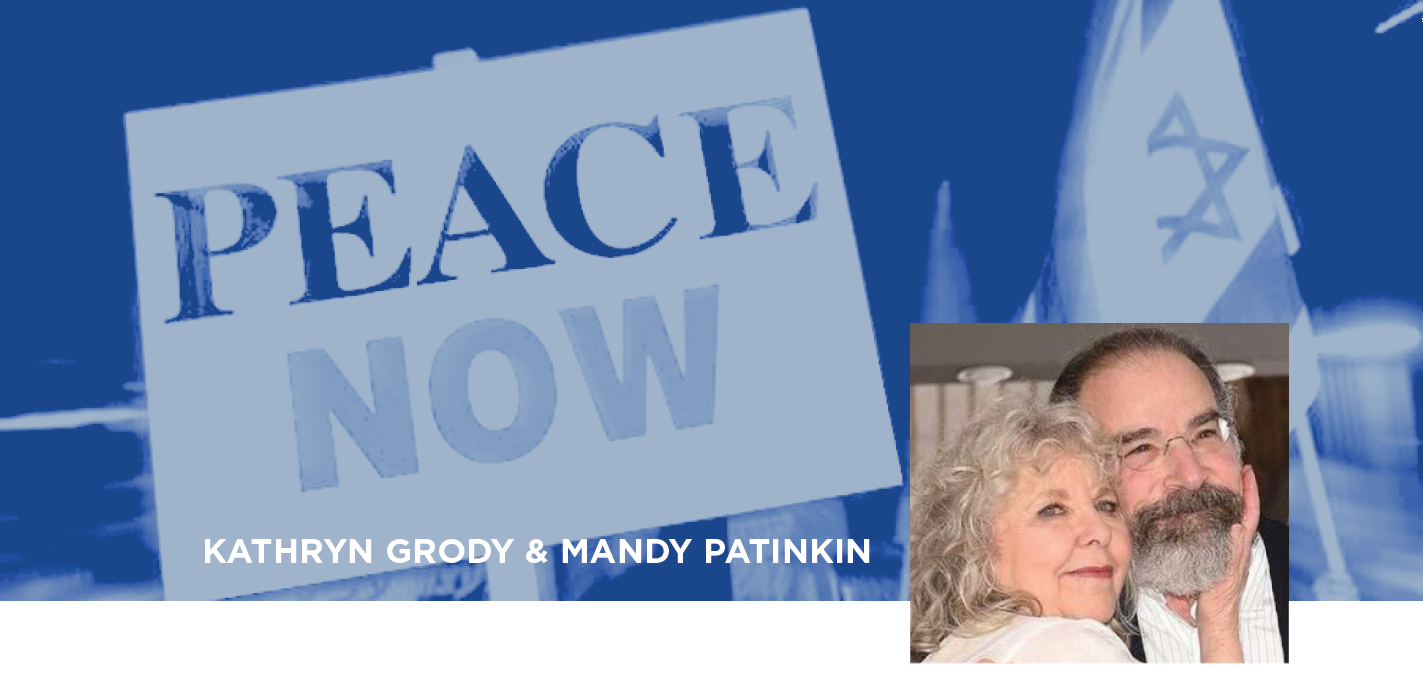
November 2020
Dear Friend,
Thirty-eight years ago, when my wife Kathryn and I were expecting our first child, we
went to Israel to research the movie Yentl. I stayed at an Orthodox Yeshiva, and Kathryn at The American Colony
Hotel. The next day we spent a beautiful day in Hebron, surrounded by curious children happy to meet visiting
Americans, and went on a tour of a vibrant neighborhood, guided spontaneously by a sweet stranger at the Cave Of
The Patriarchs and Matriarchs. Our baby boy moved fiercely when visiting this tomb, and we decided that was a sign
that he should be named Isaac. Fast forward almost 40 years, when I was filming an episode of Homeland, and I
traveled to Israel and Palestine. Once again, I visited Hebron. But this time, traveling with Israeli peace
activists from Shalom Achshav, those thriving streets Kathryn and I had seen were no longer.
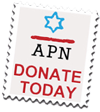 This “sterile” main street was the vast market of Hebron, known as Shuhada Street. It
served the city and surrounding villages and was shut down by the Israeli army. Separation measures were
imposed to protect the settlers against attack and further reduce friction between Arabs and Jews.
Palestinians’ access to the center of town was severely restricted, their shops closed, a few stores taken
over by settlers, and most were boarded up.
This “sterile” main street was the vast market of Hebron, known as Shuhada Street. It
served the city and surrounding villages and was shut down by the Israeli army. Separation measures were
imposed to protect the settlers against attack and further reduce friction between Arabs and Jews.
Palestinians’ access to the center of town was severely restricted, their shops closed, a few stores taken
over by settlers, and most were boarded up.
The main street looked like a ghost town, its crumbling buildings scarred with Hebrew
graffiti: “No Arabs, No Mice.” “Death to the Arabs” and worse.
A nauseous sense overwhelms at the hate-filled words but even more so at the sight of
all the boarded-up stores that were once a vibrant marketplace. With Israeli soldiers on guard over this area,
Palestinians, because they cannot use the street, must reach their homes via their neighbors’ rooftops or by
climbing through windows.
Think about it: Only Jews are allowed on that street, even though Arabs live in the
apartments over the boarded-up shops. The very word used to describe this street division, “sterile,” conjures
images of unthinkable crimes.
I have long sat on the board of Americans for Peace Now, and Kathryn and I both
believe deeply in the prospect of peace. But this experience rattled us to our core, and I began to understand the
profound complications for both Jews and Palestinians in a new light.
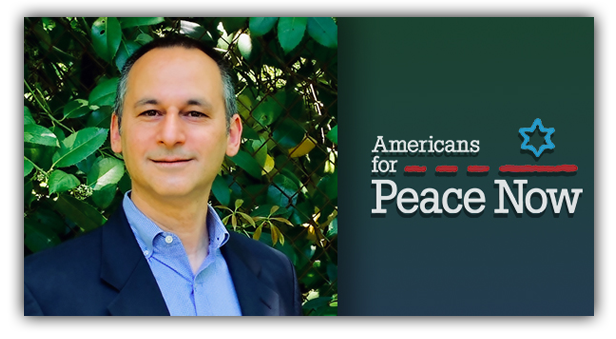 By this point in the year, living through 2020 has practically become an Olympic event.
COVID has changed how we live our lives, where we go, and who we can be with. It has impacted our work, our
economy and the health of millions of Americans. And of course the 2020 election has been the most expensive
political circus (complete with orange painted clowns) that our nation has ever experienced. I’m sure that,
like me, you too could draft a long list of 2020 complaints.
By this point in the year, living through 2020 has practically become an Olympic event.
COVID has changed how we live our lives, where we go, and who we can be with. It has impacted our work, our
economy and the health of millions of Americans. And of course the 2020 election has been the most expensive
political circus (complete with orange painted clowns) that our nation has ever experienced. I’m sure that,
like me, you too could draft a long list of 2020 complaints.
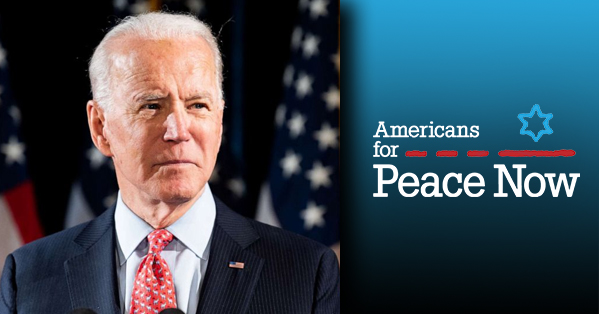
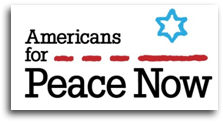 23 November, 2020
23 November, 2020
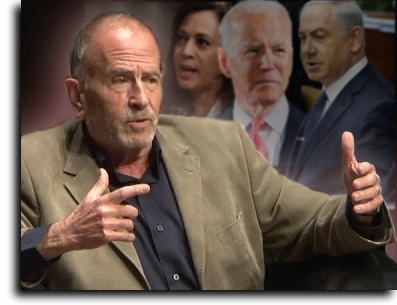
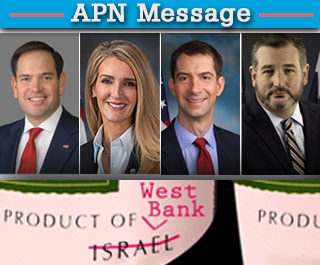 Americans for Peace Now (APN) strongly condemns an initiative by four
Republican Senators to label products made in Israeli settlements in the occupied West Bank as being “Made in
Israel.”
Americans for Peace Now (APN) strongly condemns an initiative by four
Republican Senators to label products made in Israeli settlements in the occupied West Bank as being “Made in
Israel.”